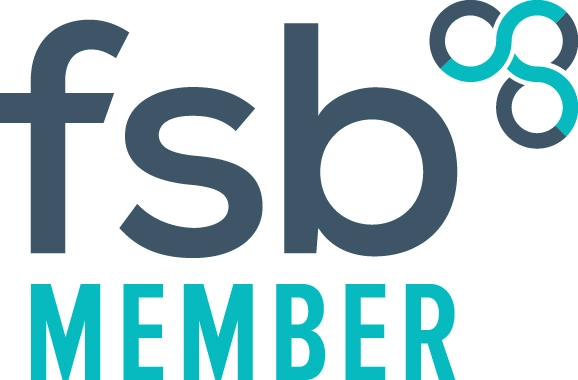Everyone has the right to be safe and live without the fear of abuse, neglect or exploitation and this safeguarding course aims to teach you how to recognise the signs of abuse and neglect and what actions you can take to stop this from happening and occurring again in the future. Abuse, neglect and exploitation can occur anywhere and by anyone, quite often being a person of trust.
Safeguarding is how we can protect children, young people and vulnerable adults from abuse or neglect by the actions, or lack of actions of another person in order to safeguard and protect persons from abuse or neglect. We need to learn how to identify vulnerable individuals and take necessary steps to stop abuse and neglect.
This course is designed for all persons, no matter the field that they are directly involved in, to give them the tools and knowledge to make a difference to a vulnerable person’s life. It will also let the practitioner reporting the abuse know how they can safeguard themselves in every day work, while seeking help and reporting the incident identified.




